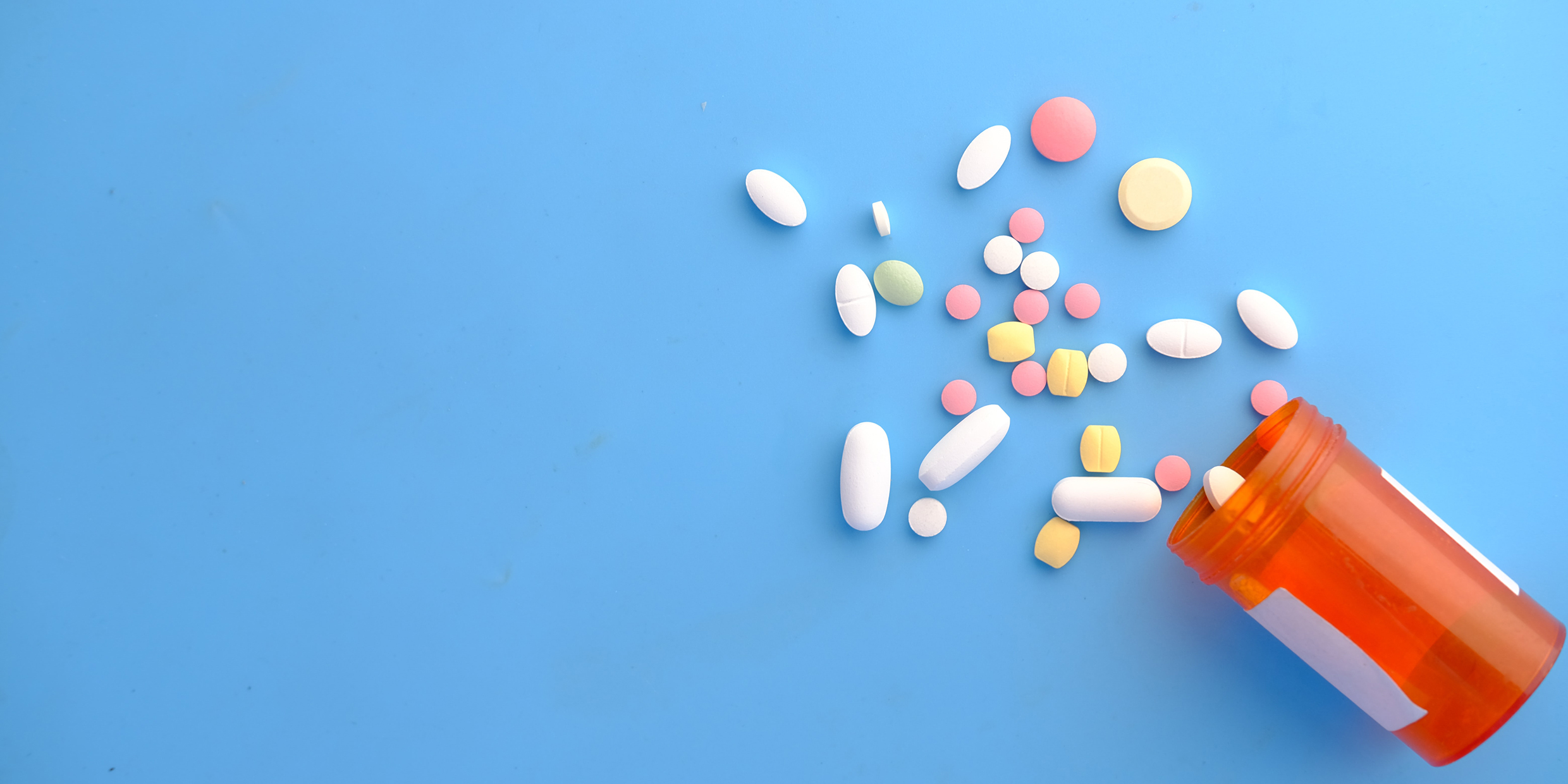Originally published 11 April 2000
A hundred years from now, historians will look back and see the 20th century as the time when scientists discovered that the human self is a biochemical machine.
The 21st century will be the time when we learn how to make the machine do pretty much anything we please.
We are entering a new era in pharmaceutical design. Chemical compounds will be tailor-made — pieced together with the help of computers from vast molecular “libraries” — to bind to specific sites on specific molecules in the human body, to bring about some desired effect, or to block the action of a deleterious agent.The complete sequencing of the human genome will further enable scientists to twiddle at will with the basic machinery of life.
The human self is a ceaseless commerce of molecular affinities, in interaction with the world, and scientists are learning how to regulate that commerce. The buzzwords in the new drug-discovery paradigm are genomics, rapid DNA sequencing, combinatorial chemistry, cell-based assays, and automated high-throughput screening. Add nuclear magnetic resonance spectroscopy, robotic crystallization, cryogenic crystal handling, X‑ray crystallography, and high-speed computing, and the business of fitting one molecule to another becomes a matter of geometry — insert tab A into slot B. Don’t worry what the words mean, but look for the results on the pharmacy shelves.
Almost no one wants to admit that we are biochemical machines — a mess of molecular tabs and slots — but we’ll pour out our treasure for drugs that enhance sex, prevent wrinkles, grow hair, relieve stress, control body weight, augment memory, delay senescence, induce euphoria, improve muscle tone, whiten toenails, and other biochemical consumer products that are here now or not far away.
In other words, we’ll confirm with our pocketbooks what we are reluctant to admit intellectually.
The multinational pharmaceutical giants, with their biotech allies, promise the keys to happiness. Pop a pill, they say, and your troubles will go away.
Shall we believe it?
And if we do believe it, is that the future we want?
Hillary Clinton has her doubts. She spoke out recently against what she perceives to be an indiscriminate use of behavior modifying drugs such as Ritalin for very young children. Certainly, for many children (and adults), these drugs are the difference between happiness and misery — perhaps even life and death. What Clinton, and others, seem to worry about is that with casual overuse we’ll become so doped and drugged that we’ll lose some part of our essential humanity.
But what is our “essential humanity?” If we are just a mess of electrochemical reactions, then what’s the harm with tinkering with the mix to make things copacetic?
“Let the dance begin,” say the ads for Viagra. Indeed, the dance has well and truly begun. Look for more and more glossy promotions, showing beautiful people in fields of golden wheat or by crystal streams, aglow with health and happiness, living the great pharmaceutical dream. From cradle to grave, the promise is uninterrupted Hollywood bliss, our bodies running with the smooth, prestigious precision of a Rolex watch.
Of course, the drug companies will tout the coming pharmaceutical revolution in terms of remedies for disease. And they are right: Diseases such as cancer, asthma, allergies, and autoimmune diseases are obvious immediate targets for new drugs, and other diseases will yield, too. There’s going to be a lot less human suffering as ever more effective remedies become available. But therapeutic drugs are only the tip of the pharmaceutical iceberg; self-enhancing drugs are a virtually unlimited market.
Free markets are driven by profit, which means that high-volume products for the rich nations of the world will get most attention from the drug companies, and some people with the greatest needs for therapies may get left behind. For example, the pharmaceutical giants are reluctant to invest big in the attack on malaria, the world’s biggest killer of children, because of low commercial returns. The victims of malaria live mostly in Africa and Southeast Asia and don’t have great wads of disposable income. A cure for male-pattern baldness, say, is a more reliable money-spinner.
So, what’s in store for humanity as more and more new “life-enhancing” drugs come streaming onto the market? I haven’t a clue, but I hope someone is thinking about it. Philosophers and theologians have some catching up to do, to help us formulate a sense of self that marries the wisdom of the past to the de facto biochemical reality.
The pill-popping future is going to happen whether we like it or not. Let’s just hope that in our pell-mell quest for glossy-ad chemical bliss we have the moral rectitude and generosity (as individuals and as corporations) not to forget that one third of the world’s population still lack even the most basic medicines.



